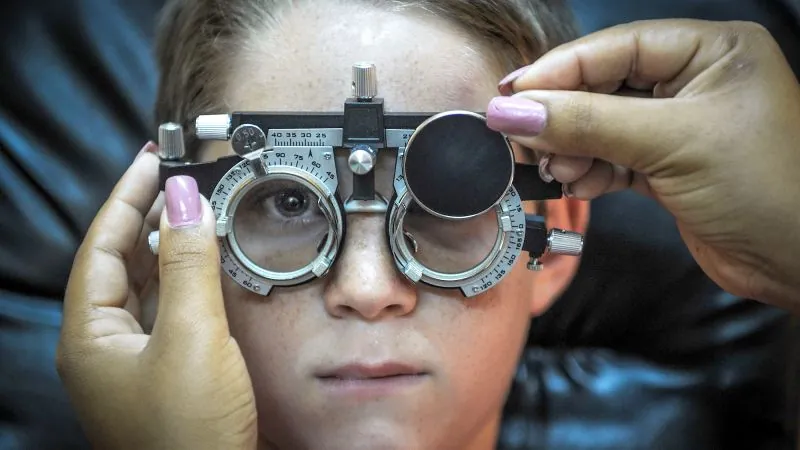
Health Alert: Raccoon Roundworm Infections Confirmed in Los Angeles County
2024-09-19
Health Alert: Raccoon Roundworm Infections Confirmed in Los Angeles County
In a startling public health announcement, the Los Angeles County Department of Public Health has reported the confirmation of two cases of a rare parasitic infection known as raccoon roundworm, or Baylisascaris procyonis. This infection, which comes from parasitic worms found in raccoon intestines, poses serious health risks, particularly for vulnerable populations.
The individuals diagnosed with this infection reside in the South Bay area, highlighting the potential for exposure in suburban environments where raccoons often thrive. This parasite can affect human health severely, leading to complications such as brain swelling, damage to the spinal cord, and serious eye diseases. Symptoms may vary from mild to severe, and while some individuals may remain asymptomatic (a condition known as subclinical infection), others may experience nausea, fatigue, loss of muscle control, and in extreme cases, blindness or even coma.
Raccoon roundworm spreads primarily through eggs in raccoon feces, which can survive in the environment for years under suitable conditions. The eggs become infectious within two to four weeks, and humans can accidentally ingest them via contaminated soil, water, or objects. Young children and persons with developmental disabilities are particularly at risk since they are more likely to put contaminated fingers, soil, or objects into their mouths.
Despite the rarity of raccoon roundworm infections—fewer than 25 cases have been recorded in the U.S. to date—health officials express concern about the high potential for transmission given the significant raccoon populations in urban areas. The CDC notes that many cases may go unreported due to misdiagnosis or lack of diagnosis, with previous statistics indicating 23 confirmed cases and six fatalities in the U.S. as of 2018.
Preventative measures are crucial in reducing the risk of infection. 'Our health is closely linked to the health of the animals around us,' stated Dr. Muntu Davis, a health officer with Los Angeles County. Key recommendations include regular hand washing, avoiding direct contact with wildlife and their droppings, and ensuring that pets do not roam freely or come into contact with wild animals. Keeping areas around homes clean and well-maintained can also deter wildlife from nesting or living nearby.
For families, special attention should be given to children, who should be reminded to wash their hands after playing outside, especially in soil or sandboxes that are vulnerable to animal contamination. Covering sandboxes when not in use is advised to prevent raccoons from using them as litter boxes.
The emergence of raccoon roundworm in Los Angeles underscores a broader public health issue: the intersection of human health and wildlife. With zoonotic diseases—those that are transmissible from animals to humans—on the rise, public awareness and preventive action are more important than ever. As always, staying informed and taking simple precautions can protect families and communities from emerging health threats.


 Brasil (PT)
Brasil (PT)
 Canada (EN)
Canada (EN)
 Chile (ES)
Chile (ES)
 España (ES)
España (ES)
 France (FR)
France (FR)
 Hong Kong (EN)
Hong Kong (EN)
 Italia (IT)
Italia (IT)
 日本 (JA)
日本 (JA)
 Magyarország (HU)
Magyarország (HU)
 Norge (NO)
Norge (NO)
 Polska (PL)
Polska (PL)
 Schweiz (DE)
Schweiz (DE)
 Singapore (EN)
Singapore (EN)
 Sverige (SV)
Sverige (SV)
 Suomi (FI)
Suomi (FI)
 Türkiye (TR)
Türkiye (TR)